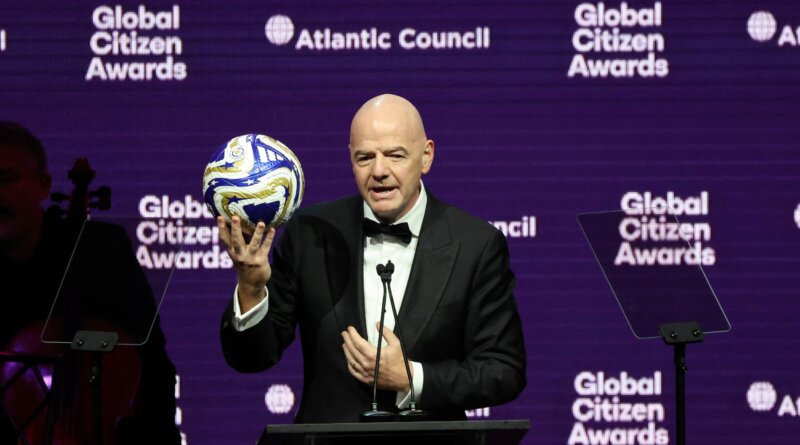FIFA Rules Out 64-Team Expansion for 2030 World Cup
FIFA World Cup expansion discussions have taken center stage in international football, as recent reports confirm that FIFA is unlikely to support a proposed increase to 64 teams for the 2030 tournament. Despite a concerted push from CONMEBOL—the governing body for South American football—and endorsements from several national federation presidents, the latest developments indicate that the World Cup will remain at 48 teams for the foreseeable future.
FIFA World Cup Expansion: The Latest Developments
The topic of FIFA World Cup expansion has been a talking point in global football governance. At a recent meeting, senior officials from CONMEBOL presented their case for expanding the tournament to 64 nations, arguing it would enhance representation and global excitement for the 2030 edition. However, according to an exclusive from The Guardian, FIFA leaders approached the suggestion with skepticism.
The report highlights that while FIFA listened to CONMEBOL’s recommendations and agreed to circulate the proposal among relevant stakeholders, there is no current momentum within FIFA’s leadership to pursue such a dramatic change. Internal discussions have revealed concerns about logistical challenges, tournament quality, and the strain on host nations, all of which are critical factors influencing the decision.
Why FIFA Is Hesitant About Further Expansion
The FIFA World Cup expansion to 48 teams, which begins with the 2026 edition, was already a significant shift from the long-standing 32-team format. This adjustment introduced a more inclusive tournament and increased participation from regions that historically had fewer slots. Advocates for a 64-team format believe it would further democratize the game, but FIFA officials remain cautious.
Key reasons behind FIFA’s reluctance include:
- Logistics and Infrastructure: Hosting 64 teams would put immense pressure on stadiums, accommodations, and transportation networks.
- Calendar Congestion: Expanding the tournament risks further crowding an already packed international football calendar.
- Tournament Quality: There is concern that a larger field could dilute the competitive standards of the World Cup.
- Economic Impact: Staging a larger tournament could escalate costs for host countries, potentially deterring future bids.
While South American football leaders argue that the benefits of inclusivity and global reach should outweigh these risks, FIFA’s current stance is rooted in practicality and a desire to maintain the prestige of the event.
Stakeholder Reactions and Regional Implications
CONMEBOL’s push for FIFA World Cup expansion reflects a broader ambition among emerging football nations to gain greater representation on the sport’s biggest stage. Several South American presidents have voiced support, citing the potential for regional development and increased investment in the game.
However, stakeholders from other confederations, as well as commercial partners and broadcasters, reportedly share FIFA’s reservations. Concerns over extended tournament duration and unpredictable scheduling could complicate broadcasting rights and sponsorship deals, which are vital to the tournament’s financial success.
Looking Ahead: The 2030 World Cup Format
As it stands, the 2030 FIFA World Cup is set to follow the 48-team model introduced for 2026. This format already represents the most expansive version of the tournament in its history, signaling FIFA’s commitment to global inclusivity while balancing competitive integrity.
Any future FIFA World Cup expansion will require extensive consultation with all stakeholders, comprehensive feasibility studies, and a clear demonstration that the benefits outweigh the costs. For now, FIFA appears content to let the 48-team format play out before considering additional changes.
Opinion: A Measured Approach to FIFA World Cup Expansion
The pursuit of greater inclusivity in world football is a laudable goal. However, FIFA’s careful approach to further expanding the World Cup is prudent. The leap to 48 teams is already a significant step, and both fans and stakeholders deserve the chance to see how this model unfolds in 2026 before any further alterations. While the dream of a 64-team World Cup may resurface, it’s essential that the integrity, quality, and logistical feasibility of the tournament remain at the forefront of any decision-making process.
For ongoing updates on this story and all things football, visit our homepage for more news.
Your global gateway to nonstop football coverage:
News Goal
Share this content:

